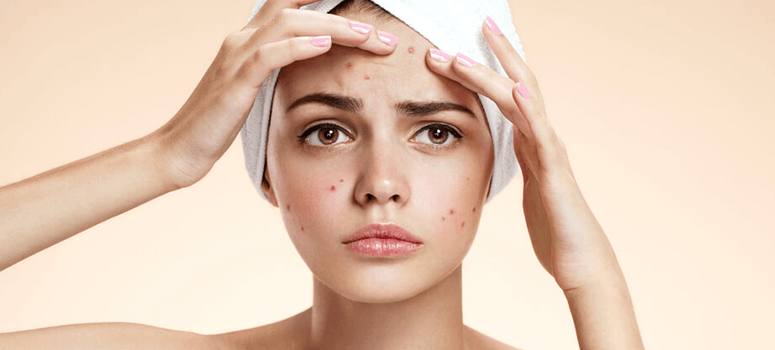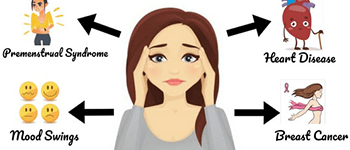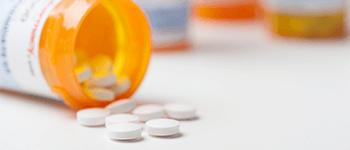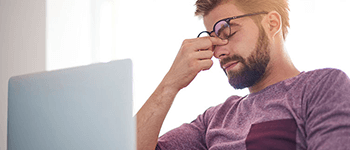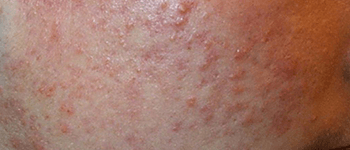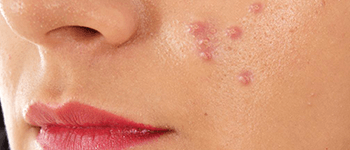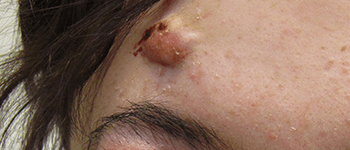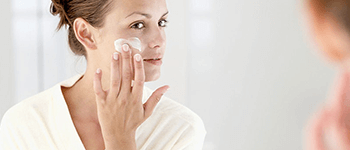Has there ever been a day when you weren’t worried about a zit or two popping out, and at a moment when you probably least expect it? Living in that constant fear of your skin breaking out any moment is a never-ending ordeal but, one you must address immediately. If you have oily, acne-prone skin as well as sensitive skin, it is a nightmarish experience that you cannot get over. However, there are ways to ensure that blemishes and breakouts become the least of your worries.
Before we move on to reading about acne removal treatment, let us understand the why and how of acne – one of the most common skin diseases and disorders.
What is skin acne?
When the hair follicles on your skin get plugged with oil and dead skin, acne appears. It appears in the form of whiteheads, blackheads, or pimples. Acne usually appears on the forehead, face, shoulders, chest, and upper back. There is no particular best acne treatment. However, depending on the severity, effective treatment methods, and acne skin care products are prescribed by dermatologists.
As you already know, the internet is a good source of skincare tips. However, choose a treatment or preventive measure depending on your skin type. Numerous factors cause acne, and ruling them out will do more harm than good. Therefore, you must learn about the causes of acne before you move on to the most common types of acne.
- Hormonal Changes:
Hormonal changes in the body cause over secretion of sebum from the sebaceous glands. These changes can occur when one hits puberty and also during pregnancy or when using oral contraceptives.
- Specific Medications:
If you are consuming medicines for other conditions, and they contain corticosteroids, testosterone, or lithium, it can induce acne and aggravate it unless treated at the right time.
- Diet:
Your diet plays a pivotal role in the cause of acne or breakouts. Consumption of saturated fats, carbohydrate-rich foods, and starchy food items can worsen acne.
- Stress:
Stress can make acne worse, which is why you must seek the help of the dermatologist immediately, and practice techniques that reduce your stress like yoga or meditation.
Different Types of Acne
Acne vulgaris is the most common type of acne which appears in the form of blackheads, whiteheads, and pimples. Topical treatments work if the acne is mild but, if it’s a case of severe acne, consulting the dermatologist is the right step.
- Papules
Inflamed comedones that form small, red, or pink bumps on your skin are known as papules. Do not pick, touch, or squeeze the papule as it can aggravate the inflammation and could lead to scarring.
- Pustules
The characteristics of pustules resemble that of a whitehead, except they have a red ring around the bump. It is a white or yellow pus-filled bump, and you should avoid picking or squeezing it any cost as it can cause dark spots or scars on your skin.
- Cysts
Cysts look similar to boils, but the lesions are large and contain pus. They are usually painful and should be treated immediately by a dermatologist. Those who develop cysts or nodules have a more extreme form of acne.
Apart from the ones mentioned above, multiple other types of acne need correction before the skin gets damaged. Consulting a dermatologist is the first step to making sure you don’t have to deal with acne regularly. A proper diagnosis and examination of your skin will help the dermatologist determine the correct treatment for your acne. If you do not know of a dermatologist, you can find one near you at Skin & Hair Academy – Find A Dermatologist.
Treatment for Acne
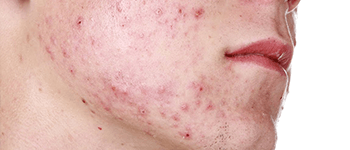
P.S. If you have sensitive skin, use creams and lotions. In case you have oily skin, alcohol-based gels are more effective.
For the treatment of moderate to severe acne, any of the following treatment methods get implemented depending on the individual’s skin condition.
- Corticosteroid injections
- Oral antibiotics
- Oral contraceptives
- Topical antimicrobials
- Isotretinoin
Preventive Measures
- Wash your face twice a day with lukewarm water and a gentle cleanser.
- Do not scrub your skin or burst the pimples as it can cause further blocking, swelling, and redness.
- Wash your hands before applying lotions, creams, or makeup.
- Wear loose cotton clothing and let the skin breathe, especially if acne is on the back, shoulders, or chest.
- Avoid oil-based makeup products and remove the makeup before going to bed.
- Avoid overexposure to the sun as it can cause overproduction of sebum and increase the risk of sunburn.
Remember, acne is treatable. If you find your face, neck, forehead, or other parts of the body covered with acne-like marks, consult a dermatologist right away to get immediate treatment. Avoid delay in acne treatment as it can aggravate the acne. Until then, eat healthy, sleep well, and take proper care of your skin to avoid acne altogether. For more skincare and hair care tips, you can visit Skin & Hair Academy.

